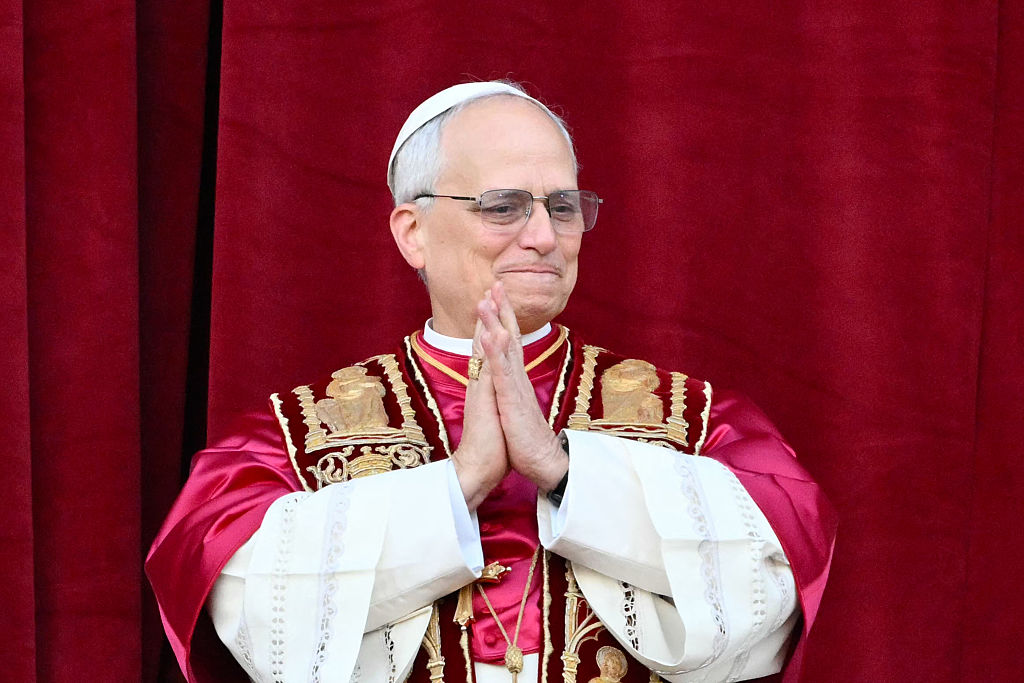Pope Leo XIV is positioning the threat of artificial intelligence (AI) to humanity as a central element of his papacy, creating a notable challenge for the technology sector that has, for years, sought to engage with the Vatican. The new pope, named after Leo XIII, who notably advocated for the rights of laborers during the tumultuous Gilded Age, is now tasked with addressing the ethical implications of rapid technological advancements in a time marked by their profound societal impacts.
The Call for Ethical Guidance
In a recent address to a gathering of cardinals, Pope Leo XIV stated his intention to draw from two millennia of Catholic social teaching to tackle the moral quandaries presented by what he describes as a new industrial revolution. He expressed grave concerns about how innovations in AI could undermine human dignity, justice, and labor rights. As reported by The Wall Street Journal, the pope’s remarks signal a shift towards a proactive stance on technology, urging collaboration among religious, ethical, and technological communities to address these pressing issues.
There is a historical precedent for the Vatican’s engagement in social issues, particularly during periods of significant economic change. Pope Leo XIII, who reigned from 1878 to 1903, advocated for labor rights and social justice at a time when industrialization led to stark inequalities. Similarly, Pope Leo XIV is making it clear that the church intends to take a strong ethical position on the implications of AI, potentially influencing global conversations around technology use.
Tech Giants and the Vatican’s Dialogue
In response to the Vatican’s growing interest in the ethical dimensions of AI, leaders from major technology firms, including Google, Microsoft, and Cisco, have visited the Vatican to discuss the benefits of emerging technologies. These meetings aim to foster a dialogue that will, ideally, shape the direction of policies surrounding AI and its application in society. However, the tech industry is facing a balancing act. On one hand, they seek to promote innovation and development; on the other, they must navigate the concerns raised by religious and ethical leaders regarding the societal impacts of AI.
The Vatican has voiced a strong interest in establishing a binding international treaty on AI governance. This proposal has been met with considerable skepticism from tech executives, who argue that such regulations could inhibit innovation and stifle the technological advancements they believe can improve lives globally. As the debate unfolds, it will be critical to assess how potential regulations might shape the future of AI amidst both ethical considerations and the drive for technological progress.
Global Implications
The discussions surrounding AI and its ethical implications are not confined to the Vatican. Various global forums and organizations are beginning to address the necessity for ethical guidelines in the development and implementation of AI technologies. A report from the United Nations emphasizes the importance of establishing comprehensive frameworks that address human rights, safety, and equity in AI deployment. This perspective aligns closely with the Vatican’s position, showcasing a broader consensus on the need for careful oversight and ethical guidance.
As AI continues to evolve, its integration into various sectors—from healthcare to finance—demands vigilant scrutiny. The work being done by the Vatican, led by Pope Leo XIV, represents a crucial pivot towards understanding not only the benefits of AI but also its potential risks and moral challenges. The dialogue fostered by the Vatican could lead to meaningful collaboration between technology leaders and ethical bodies, driving forward a collective effort to ensure AI technologies are developed responsibly.
Community Response
The reaction from both the tech industry and the public varies widely. On one hand, many tech leaders welcome the discussion but express concern over the implications of heavy regulation. A spokesperson from Microsoft expressed in a recent interview that while ethical considerations are paramount, a collaborative approach can serve the interests of innovation and responsibility. “We believe it is essential to foster open dialogues that encourage ethical AI development without compromising innovation,” they stated.
Conversely, various advocacy groups applaud the Vatican’s position, viewing it as an essential step towards integrating ethical considerations into technology. The dialogue not only contributes to a greater understanding of the implications of AI but also invites public engagement in discussions about the future of work and the role of technology in society.
Quick Reference Table
| Aspect | Details |
|---|---|
| Pope | Pope Leo XIV |
| Focus Area | Ethical implications of AI |
| Historical Context | Parallels with Pope Leo XIII’s labor rights advocacy |
| Tech Industry Response | Calls for collaboration over regulation |
| Vatican’s Initiative | Push for global AI treaty |
| Global Engagement | Broader ethical discussions by UN and other bodies |

